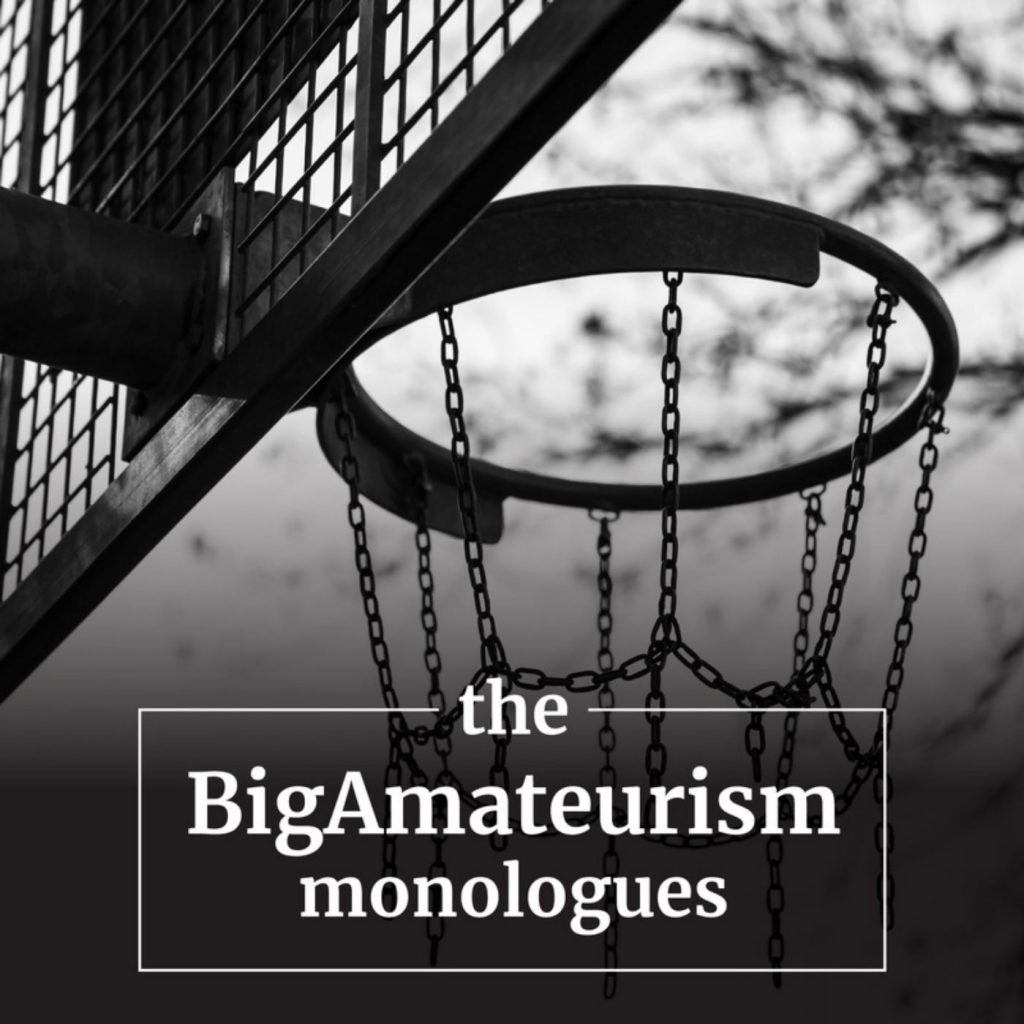Episodes
On May 19th, the Drake Group hosted a panel discussion titled “Giving College Athletes the Right to Unionize.” An impressive panel of commentators—Bob Costas, Michael Hausfeld, Sen. Chris Murphy (D-CT), Andy Zimbalist (moderator), and Kaiya McCollough—shared their thoughts on athletes as employees and the possibility of collective bargaining through the lens of Sen. Murphy’s federal bill, the College Right to Organize Act. This episode analyzes the panel discussion, emphasizing (1) the difficulties athletes face in having their voices heard and valued in the regulation and business model of college sports.; and (2) the ease with which false status quo narratives marginalize athletes’ voices.
“Giving College Athletes the Right to Unionize” (Drake Group, 5/19/22)
College sports now exist in a vacuum of leadership, self-regulation, and values-based messaging. The NCAA national office is collapsing under the weight of its arrogance and incompetence, while the Power 5—through the Transformation Committee—is beginning to sound more like Mark Emmert and the worn-out NCAA propaganda machine. The regulatory crisis is particularly acute in the Power 5’s attempts to reign in what they perceive as an out-of-control name, image, and likeness market. The NIL “guidance” memo released by the Division I Board of Directors on May 9th is a testament to the impotence of the NCAA and Power 5 as enforcers of college sports’ most sacred values—no pay for play and no recruiting inducements. This episode analyzes the state of college sports regulation, emphasizing infractions and enforcement, including a historical perspective on NCAA regulatory authorities.




